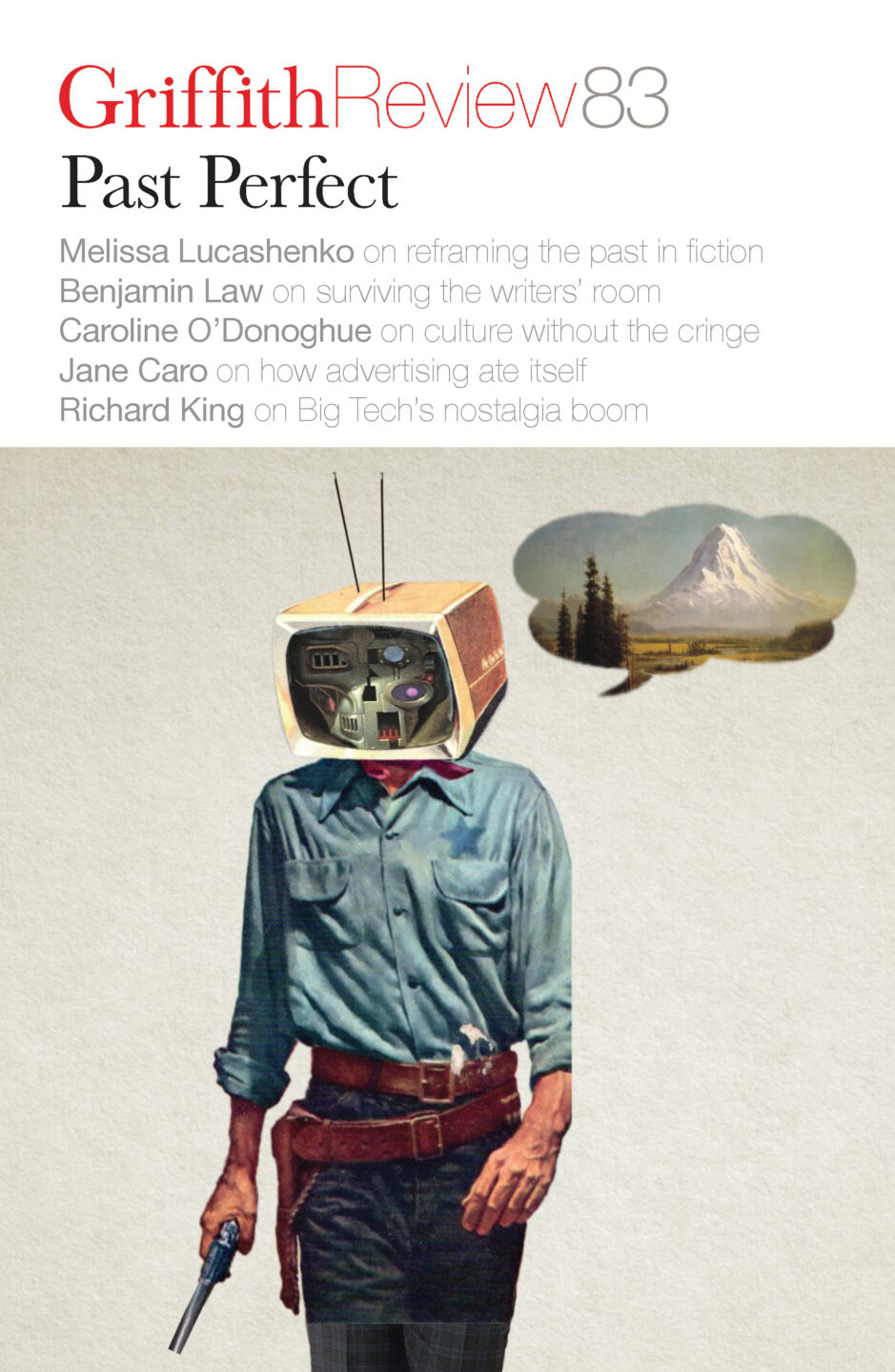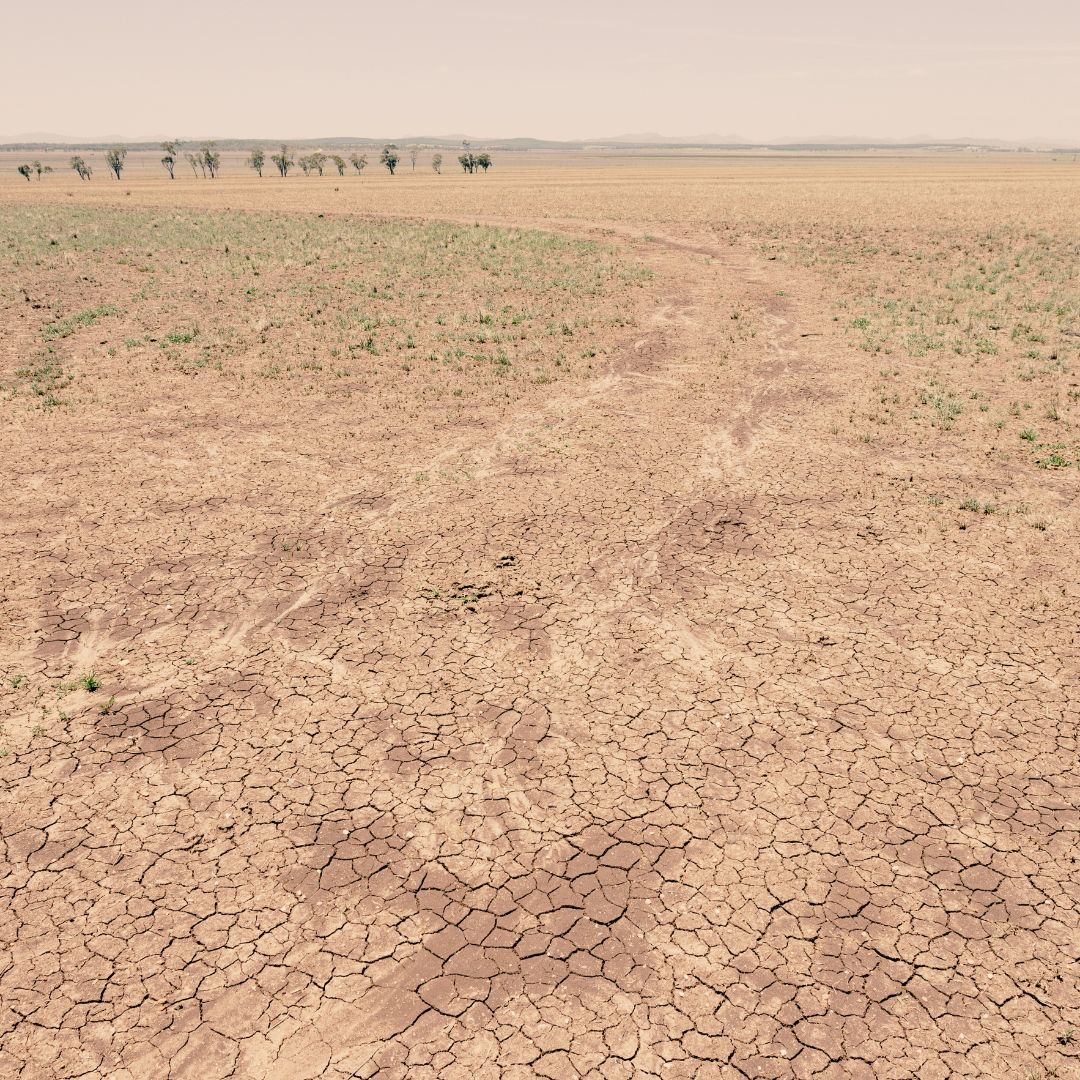Featured in

- Published 20240206
- ISBN: 978-1-922212-92-4
- Extent: 204pp
- Paperback, ePub, PDF, Kindle compatible


Already a subscriber? Sign in here
If you are an educator or student wishing to access content for study purposes please contact us at griffithreview@griffith.edu.au
Share article
More from author

Indelible ink
FictionSelected for Best Australian Stories 2006SHE WAS FIFTY-NINE, rich, divorced for a year, and out alone on a Saturday night. She told the taxi...
More from this edition

Escaping the frame
In ConversationAll my work as a writer and activist over the last fifty years has comprised various attempts at what I call ‘escaping the frame of European colonisation, European story and European ways of telling story’.

The fall of the madmen
Non-fictionThe problem with a fear-based workplace – and indeed world – is that caution and compliance are not compatible with creativity. Creativity searches for the things that have never been done before, on which, by definition, there is as yet no data. Scott Nowell argues that the obsession with data has made us lose faith in our own instincts, so it’s not surprising that creativity is not valued the way it once was. And the source of creativity has shifted to the consumers themselves.

Pentax ME Super
PoetryHistory is a heavy handful and a sore neck, but it is safer than memory.